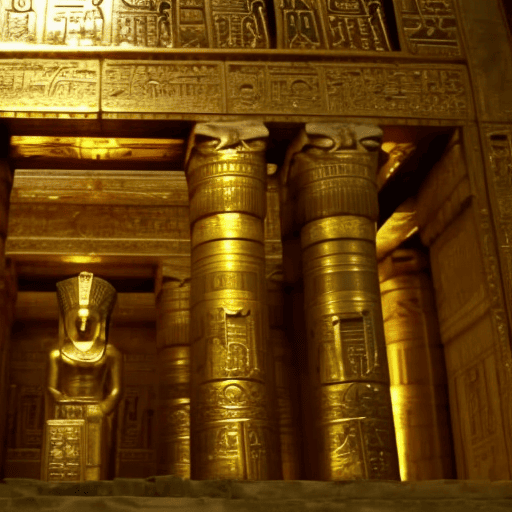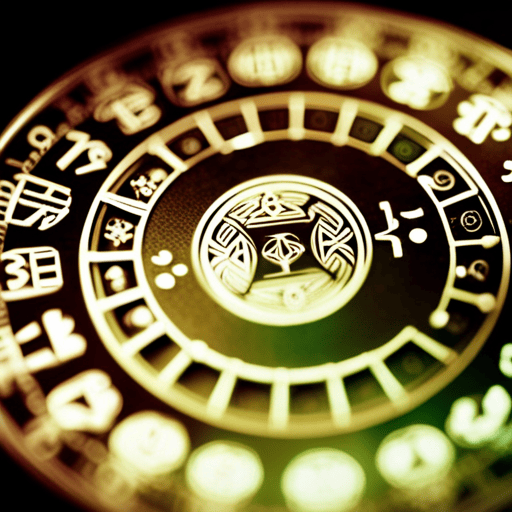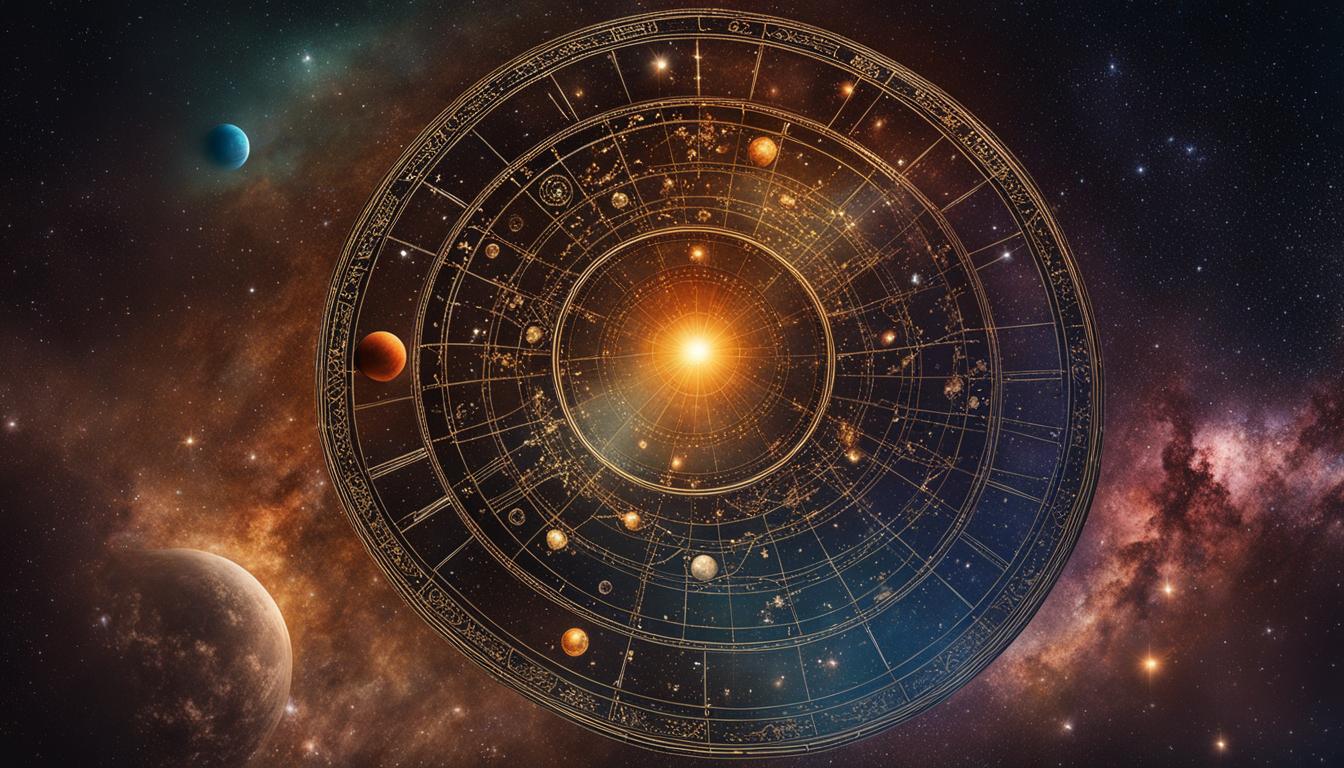I’ve lost count of the times someone asked me, “So, as an astrologer, do you also study black holes?” After fifteen years in both star-centered circles, I’ve learned the fastest way to kill the vibe at a dinner party is to launch into orbital mechanics when all they want is their Mercury-retrograde survival guide. Still, the confusion is real. Let’s settle it once and for all.
Quick Answer
Astronomy is the scientific study of everything beyond Earth’s atmosphere; astrology is a symbolic system that links celestial positions to human experience. Same sky, totally different questions.
Key Takeaways
- Astronomy follows the scientific method; astrology follows symbolic tradition.
- The zodiac signs no longer align with their sky constellations because of Earth’s 26,000-year wobble (precession).
- NASA and every major scientific body state astrology has no predictive power, yet roughly 25% of U.S. adults still read horoscopes.
- Both fields share ancient roots but split around the 17th-century Scientific Revolution.
- Modern astronomy fuels tech like GPS, while modern astrology fuels self-reflection and a $2.2 billion wellness market.
Why the Mix-Up Persists
Blame history. For 2,000 years the same scholars mapped planets and interpreted omens. When telescopes arrived, the data-minded crowd rebranded themselves “astronomers”; the symbol-minded kept “astrologer.” Today, Instagram memers don’t help—one week they’re posting daily horoscopes, the next they’re sharing NASA nebula pics without changing hashtags.
What Astronomy Actually Does
Astronomers measure. They chase photons, clock pulsars, and model dark energy. Their tools are CCD cameras, radio interferometers, and super-computers. Their currency is peer review.
Evidence in Numbers
| Metric | 2024 Stats (U.S.) |
|---|---|
| Professional astronomers | ≈ 8,900 (American Astronomical Society members) |
| NASA astro budget | $7.8 billion FY 2025 request |
| Refereed astronomy papers/year | ≈ 22,000 (NASA ADS) |
Those papers gave us GPS clocks, smartphone cameras, and asteroid-deflection software that actually works—no birth chart required. If you want to choose a space-related career, astronomy is the STEM path; astrology is a humanities lens.
What Astrology Actually Does
Astrologers translate. They cast a chart for a moment—birth, wedding, product launch—and read planetary placements as archetypes. No telescopes, just ephemerides and symbolism. Can it predict? Science says no. Can it prompt insight? Users say yes.
“I don’t check my horoscope for lottery numbers; I check it the way I check the weather—an intuitive heads-up.” — Chani Nicholas, NYT-bestselling astrologer
Horoscope Reach in 2025
| Channel | Monthly U.S. Users |
|---|---|
| Smartphone apps | 41 million |
| Web columns | 28 million |
| Premium subscriptions | $430 m annual spend |
Whether you treat it like a cosmic communication tool for love or a self-care ritual, the demand is sky-high.
A 2-Minute History of the Split

- Babylon (600 BCE): Clay tablets record both eclipses and omens.
- Ptolemy (150 CE): Writes Almagest (astronomy) and Tetrabiblos (astrology).
- Kepler (1600s): Laws of planetary motion—still cast horoscopes for cash.
- Newton (1687): Gravity explains orbits; astrology starts looking “extra.”
- 1880s: U.S. universities offer astronomy degrees; astrology moves to newspapers.
- 2011: NASA’s “No, NASA didn’t change your zodiac sign” blog post crashes servers.
Precession: The Constellation Elephant in the Room
Earth’s axis wobbles one degree every 72 years. That means the sign Aries now sits in the Pisces constellation. Astronomers will gladly tell you this; astrologers answer, “We use seasonal zodiac, not sky charts.” Translation: astrology tracks archetypes tied to equinoxes, not literal star patterns. Once you get that, half the arguments vanish.
Can Astrology Be Tested?
Double-blind studies since 1950 show no replicable link between natal charts and personality, IQ, or divorce rates. A 2024 meta-analysis from Indiana University reviewed 28 experiments—effect size: 0.02 (i.e., nil). That’s why it’s filed under “pseudoscience.” But people don’t read horoscopes for p-values; they read for narrative. Story hits different.
“Science is how we measure what is; mythology is how we measure what matters.” — Dr. Neil deGrasse Tyson, Hayden Planetarium
Watch: What Even Is the Difference?
Practical Cheat Sheet

| Aspect | Astronomy | Astrology |
|---|---|---|
| Goal | Explain the cosmos | Explain the self |
| Method | Scientific method, math | Symbol, myth, cycles |
| Tool | Telescopes, equations | Ephemeris, intuition |
| Peer review | Required | Optional |
| Funding | Government, universities | Clients, apps, books |
| Success metric | Falsifiable predictions | Personal resonance |
Should You Pick a Side?
I don’t. I check weekly horoscopes for creative prompts, then open my astronomy app to track ISS flyovers. No contradiction. My Libra rising loves balance; my inner nerd loves data. You can blend numerology with personal development just as easily as you can mix stargazing with astrophysics.
Watch: The Cultural Split in 6 Minutes
How to Explore Both (Guilt-Free)

- Stargaze first: Download a free planetarium app, spot Venus. That’s astronomy.
- Note your feels: When Venus hits your mid-heaven, journal any mood shifts. That’s astrology.
- Compare: After a month, see if planetary events synced with life themes. No match? No problem—keep the wonder, trash the story.
- Deepen: Study how karmic numbers interact with planetary returns.
Frequently Asked Questions
- Is astrology anti-science?
- It’s non-science. It doesn’t follow falsifiability, so it can’t be “anti.”
- Did NASA really kill Scorpio?
- No. NASA merely reminded us that constellations drift; astrology signs stay fixed to seasons.
- Can I major in astrology?
- Not in the U.S. Stick to astronomy or physics if you want federal aid.
- Which pays better?
- Median U.S. astronomer salary: $128k. Professional astrologer income varies—top 5% clear six figures via books, apps, private clients.
- Do astrologers believe in gravity?
- Yes. Everyone believes in gravity—your smartphone’s accelerometer proves it every second.
References

Ready to keep exploring? Start with the basics of your cosmic blueprint and enjoy both night-sielines—no telescope or crystal ball required.
Welcome to MysticalDigits.com, where Numbers hold the key in Unveiling Your Destiny.
I’m Alexios, your guide to the hidden language of numbers. Let’s unlock ancient wisdom and empower your journey!
Join our community of seekers. Crack the code.
“Believe in the power of digits. Unlock your destiny.”.
